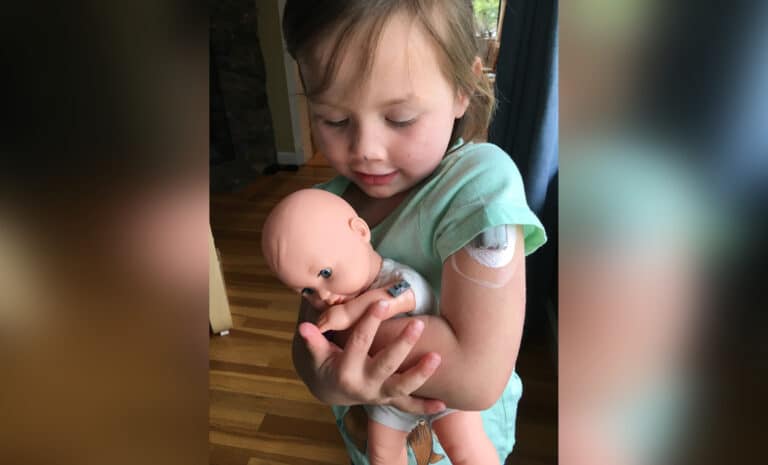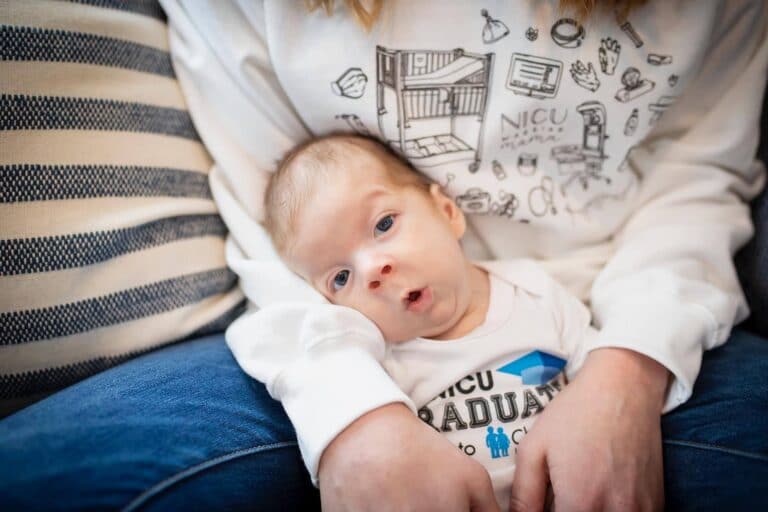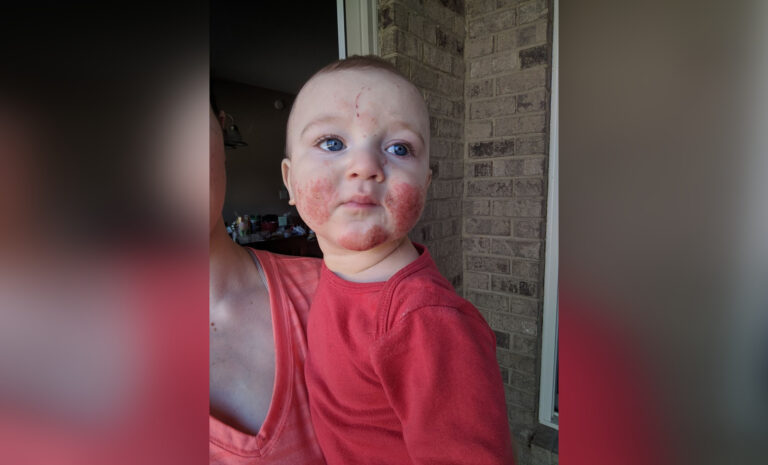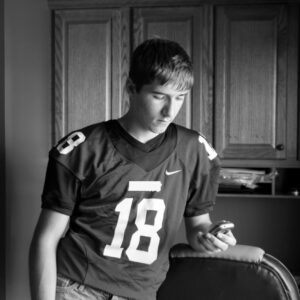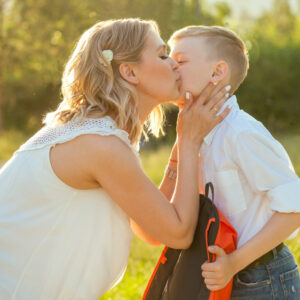My 9-year-old daughter was diagnosed with Type 1 diabetes a few months before her 2nd birthday. She uses a continuous glucose monitor (CGM) to watch her blood glucose levels and a pump that administers insulin. Before these amazing pieces of medical technology, we were pricking her fingers up to 10 times a day and giving insulin injections at about the same rate—ouch!
There are many parents out there with children with special medical needs. One mom I know has to give her autistic son enemas every day because of digestive issues. Another mom has a child with highly specialized dietary restrictions that needs special formula given through a G-tube. There are all kinds of different medical needs, but they all have some things in common.
Here’s what I’ve learned as a parent of a child with medical needs:
Insurance companies need to be more compassionate.
If I had a dollar for every hour I was on the phone over these past seven years arguing with someone at my insurance company that, yes, my diabetic daughter actually does need insulin this month, I would have enough money to pay for said insulin. OK, maybe that’s exaggerating a bit, but it doesn’t feel like it.
RELATED: The Truth About Diabetes From A Mom Who Knows The Pain
I understand that insurance companies need to make money, so they have to ensure each and every item is actually needed, but still . . . as a parent, it is frustrating and demeaning to have to plead with the company each time she needs something that helps keep her alive.
Doctors and pharmacists are amazing.
My daughter’s doctors have done everything they could to convince our insurance company that we actually need what we need. Our local pharmacists have gone above and beyond to help us get the necessary supplies. They give me tips on workarounds to get the diabetes supplies we need. Thank God for compassionate healthcare professionals!
It’s up to me to make the disease not terrible.
My child with diabetes is number four of six children, so I know a bit about child psychology. I constantly waltz the line between, “I know this stinks, but you have to put up with it anyway,” and “Hey, you get to eat M&Ms right now, how cool is that?” There is an occasional time when she is not allowed to have something that another child is having (like a cupcake at a birthday party or a juice box at lunch) because her blood sugar is too high, and she needs to wait for it to stabilize. I sit with her in her sad feelings and make the best of it.
RELATED: Here’s to the Strong Ones Living with Type 1 Diabetes
Whenever we see someone with a CGM or insulin pump in public, we say hi and chat about diabetes. This has been so helpful for her to see both children and adults dealing with the same disease that she does. They offer advice and support and also hope for me as a parent. Later I can say, “Do you remember the man we saw at the pool with a pump? I bet it stinks for him to wait to eat pizza, too.”
Kids are resilient and brave.
Sometimes my daughter gets sad about having to wait for or miss out on sweets. But sometimes, she understands and is OK with it. She is used to me reading food packages and counting her carbs. She doesn’t flinch when I attach her medical devices to her skin (which are attached using spring devices and long needles!)
Our kids with medical issues deserve lots of praise for how flexible they have to be. It’s a lot to deal with as a kid. They don’t need our sympathy or indulgence, but they do need our understanding.
Humor helps us cope.
Humor helps us deal with hard things. Joking about something challenging makes it lose its power over us, so our family has lots of diabetes jokes. She has a t-shirt that says “proud owner of a useless pancreas,” which has sparked quite a few conversations with adults who had diabetes or knew people who were diabetic.
RELATED: A Type 1 Diabetes Diagnosis Threatened to Steal My Joy
When we un-ironically say, “Honey, you have to eat your cookie first before dinner” (because of low blood sugar), how can we not laugh at the absurdity of this disease? It helps to lighten up and embrace the funny parts of our child’s health challenges. Because if we don’t laugh, we may cry, and who has time for that?
There is power in relationships.
When my daughter was younger, we joined a local group for diabetic kids where she could meet other kids who also had diabetes. You can find groups like this on Facebook or ask your medical specialist if there are local support groups for your child’s health issue. Meeting other people dealing with the same issues is so helpful in normalizing your child’s feelings and finding support.
I’ve made relationships with parents of children with significant health issues. We don’t have the same diagnoses, but we do all face issues that typical parents don’t. It is so comforting to be able to discuss our unique challenges and know that even if the other person doesn’t know exactly what I’m dealing with, they can empathize. What our world needs more of right now is a big dose of empathy and compassion. Be the listening ear to someone, and you may just find a new friend.

If you liked this, you'll love our book, SO GOD MADE A MOTHER available now!
Order NowCheck out our new Keepsake Companion Journal that pairs with our So God Made a Mother book!
Order Now

